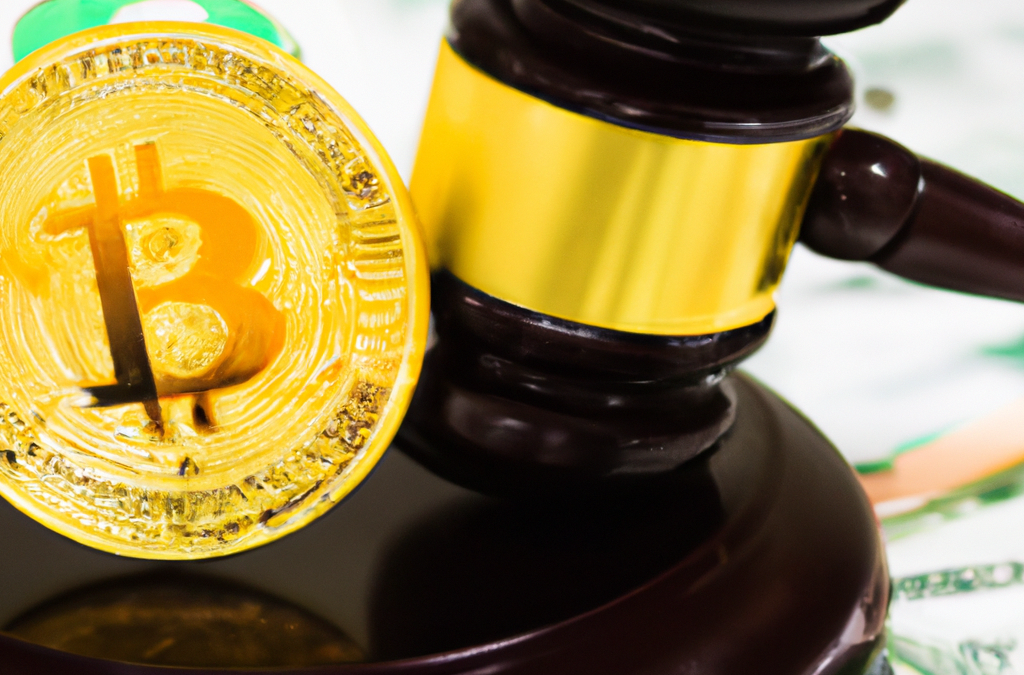Why Cryptocurrency Lawsuits Are Increasing
The cryptocurrency industry has seen explosive growth, but with it comes a surge in legal challenges. Cryptocurrency lawsuits are becoming more common as regulators, investors, and companies navigate the complexities of this evolving market. This blog explores the reasons behind the rise in these legal disputes and what they mean for the future of digital currencies.
Regulatory Scrutiny Fuels Cryptocurrency Lawsuits
One major driver of cryptocurrency lawsuits is increased regulatory scrutiny. Governments worldwide are cracking down on crypto exchanges and projects to ensure compliance with financial laws. For instance, the U.S. Securities and Exchange Commission (SEC) has pursued cases against companies like Ripple for allegedly selling unregistered securities. These actions stem from unclear regulations, leaving businesses vulnerable to legal action. As regulators define boundaries, cryptocurrency lawsuits are likely to persist.
Fraud and Scams in the Crypto Space
The decentralized nature of cryptocurrencies attracts bad actors, leading to a spike in fraud-related cryptocurrency lawsuits. Ponzi schemes, fake initial coin offerings (ICOs), and pump-and-dump scams have defrauded investors, prompting legal recourse. A notable example is the BitConnect case, where investors filed lawsuits after losing millions in a Ponzi scheme. Such incidents highlight the need for vigilance and contribute to the growing number of legal disputes.
Investor Disputes and Market Volatility
Cryptocurrency’s volatility often leads to investor dissatisfaction, fueling cryptocurrency lawsuits. When prices crash, investors may sue exchanges or project developers, alleging misrepresentation or failure to deliver promised returns. For example, lawsuits against Coinbase have emerged when users claimed losses due to platform issues during volatile market periods. These disputes underscore the risks of investing in digital assets and the legal fallout that follows.
Tax and Compliance Issues
Tax evasion and non-compliance are also driving cryptocurrency lawsuits. Many investors fail to report crypto earnings, attracting attention from tax authorities like the IRS. In 2019, the IRS sent letters to over 10,000 crypto investors, urging compliance with tax laws. Failure to comply can lead to audits and lawsuits, adding to the legal landscape surrounding digital currencies.
The Role of Decentralized Finance (DeFi)
Decentralized finance (DeFi) platforms, while innovative, are not immune to cryptocurrency lawsuits. Issues like smart contract vulnerabilities and governance disputes have led to legal battles. For example, a DeFi protocol might face lawsuits if a hack results in significant user losses. As DeFi grows, so does the potential for legal conflicts, especially in unregulated environments.
What This Means for the Crypto Industry
The rise in cryptocurrency lawsuits signals a maturing industry facing growing pains. Legal disputes can clarify regulations, deter fraud, and protect investors, but they also create uncertainty. Companies must prioritize compliance and transparency to avoid costly litigation. For investors, staying informed about legal risks is crucial when navigating the crypto market.
Protect Your Crypto Business with Expert Software Solutions
Navigating the legal complexities of the cryptocurrency industry requires robust software and expert guidance. At Sidespin Group, we offer specialized software expert services and software expert witness services to help businesses ensure compliance, enhance security, and resolve disputes. Whether you need technical expertise for regulatory compliance or support in cryptocurrency lawsuits, our team is here to help. Contact us at Sidespin Group to safeguard your crypto ventures today.

